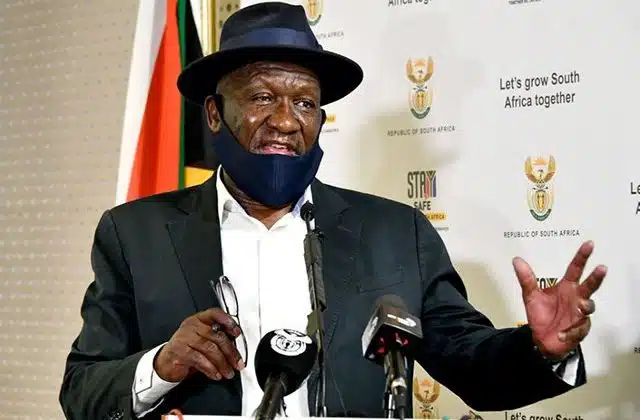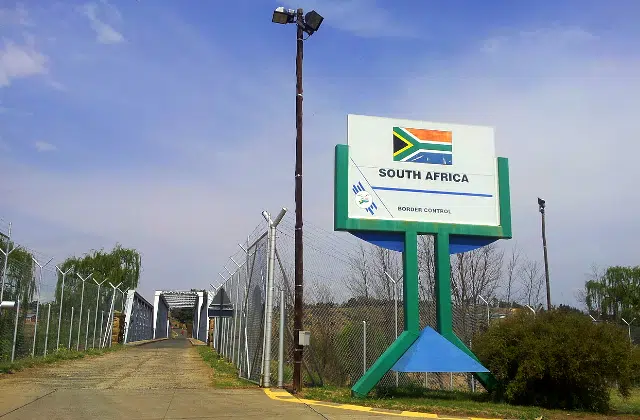
Government’s plans for masks and Covid screening as primary schools fully re-open in South Africa
Primary school students in South Africa returned to full-time teaching for the first time in more than a year on Monday (2 August), as the government aims to make up for the teaching time lost during the Covid-19 pandemic.
Since South Africa first introduced Covid-19 lockdown restrictions at the end of March 2020, most students have been learning in a ‘shift system’ – with a large amount of course work being done at home to encourage social distancing.
While the full return of primary school students has had some teething problems – including concerns about overcrowded classrooms and social distancing – the department of basic education says it is committed to ensuring the return of ‘normal’ teaching.
In a presentation to parliament this week, the department outlined some of the steps it has taken to ensure schools and students are protected.
Masks
- All provinces have made funds available to procure new masks;
- Provinces have issued circulars to schools to reinforce strict compliance with the mask mandate;
- Government considers not wearing masks and not wearing them properly in schools as serious misconduct;
- Monitoring compliance with proper wearing of masks is done at different levels, with principals, teachers and officials doing daily tests;
- Circuit managers and district officials are currently doing spot checks.
Provision of essentials
The department said that schools in all provinces will have Covid-19 essentials throughout the third term, which runs from 26 July to 1 October.
These essentials include:
- Masks for learners, educators and non-educators;
- Face shields;
- Hand sanitisers;
- Detergents and soap;
- Disposable gloves; and
- Heavy-duty gloves for cleaners.
The department added that the different provinces use different mechanisms to ensure that schools do not run out of Covid-19 essentials. These include:
- Keeping surplus stock;
- Principals monitoring stock level regularly and placing orders when their stocks get low or report any Covid-19 essentials shortages to their respective districts;
- Frequent supply (at least twice every term);
- Employing officials to monitor Covid-19 essentials in schools (NW);
- Using electronic surveys to check the stock levels;
- Schools utilising their funding to procure any additional PPEs needed.
Screening
To ensure that no learner, staff member or visitor is admitted to school premises with Covid-19 symptoms, all schools have already been provided with adequate thermometers according to the size of learner enrolment.
Infrared thermometers are checked regularly to ensure that they are not faulty to give wrong readings, while dysfunctional or damaged thermometers are returned to the suppliers or are replaced, it said.
“All provinces have measures to ensure that infrared thermometers are sufficient and that they are functional at all times.
“Funding has been made available to provinces to employ enough screeners to ensure: effective screening of all learners, staff and visitors so that those who have Covid-19 symptoms are not allowed into the school premises; and efficient screening to avoid delays in starting lessons on time in the morning.”
The department said it has also employed 49,741 screeners across the nine provinces to carry out effective and efficient screening.
“Screeners were trained how to screen properly, and refresher programmes have been scheduled. Additional screeners, who will be appointed, will also be trained,” it said.



